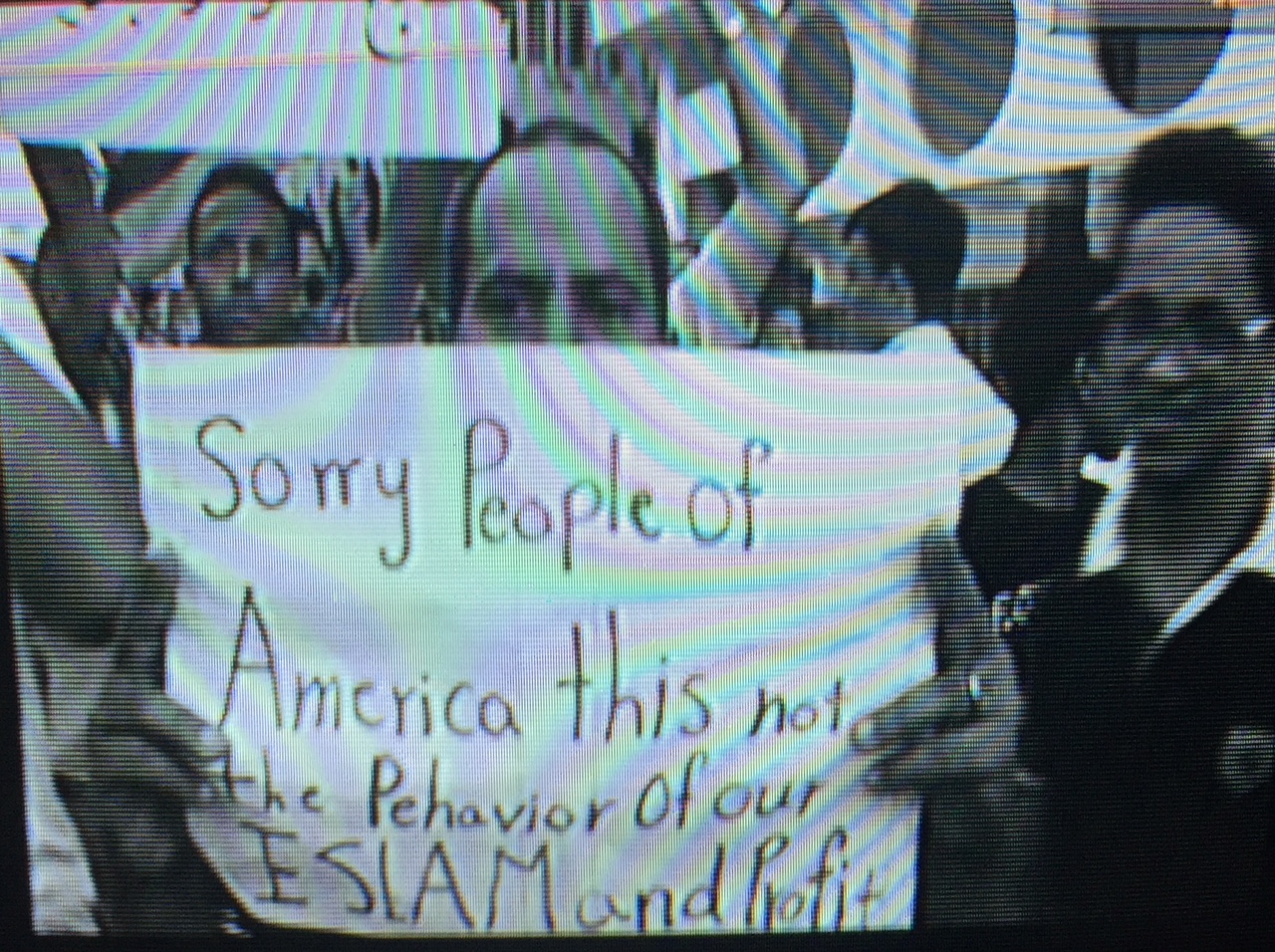|
home | what's new | other sites | contact | about |
|||||
|
Word Gems self-knowledge, authentic living, full humanity, continual awakening
Forgiveness
"We do unto others as we do unto ourselves. We hate others when we hate ourselves. We are tolerant toward others when we tolerate ourselves. We forgive others when we forgive ourselves." Eric Hoffer
Editor's 1-Minute Essay: Forgiveness how to expunge sorrow and other mental confusions
John Ruskan, Emotional Clearing: "As you go through life, you will have various encounters that bring up your [repressed negative] subconscious energies into conscious awareness. These energies surface when conditions are appropriate for them to be released. If you can learn to integrate these energies as they come up, you will be meeting life most creatively." Lord Dowding, Many Mansions: Air Chief Marshal Hugh Caswell Tremenheere Dowding, 1st Baron (1882 - 1970), was the commander of RAF Fighter Command during the Battle of Britain. Later, Dowding investigated the afterlife. He reports on an other-side psychic transmission from a Norwegian killed during WWII: "I was shot by the Germans in Trondheim. I was a little shopkeeper; they shoot. I do not love the Germans. I never shall, but I am held here by my hatred. I find that I cannot throw it off. I still feel so angry for their acts of unprovoked cruelty, and I am consumed by my passionate anger, and I cannot get free. I beg of you to help me... He tells me that we must forgive the Nazis, that they do not know what they do, that they are like sleep-walkers, and until I forgive them I cannot get free, to pass from this plane so near the Earth on to other planes... It is awful, this anger that we cannot shake it off. Give me some serenity and let me sleep... I see why Christ quickly forgave everyone before He left the Earth Body. I see the reason and the need, and with the help of your Father and this contact that you have given me, I shall escape." Says Dowding: "[Frederic] Myers teaches that The Third Sphere (or Summerland) is inhabited for long or short periods by souls whose mentalities are still dominated by Earth-conditions. The scenery and the flora and fauna are all similar to those of the earth, but more sublimated, and with the difference that the struggle for existence is no longer operative and souls can gratify every harmless wish... In this effortless and purposeless existence, no real progress is made... But the soul who is more spiritually inclined passes upward into the Fourth Sphere and thenceforward progresses continuously without any further individual reincarnation."
in the aftermath of the Benghazi massacre, September 2012
Gary Renard, The Disappearance of The Universe: "To forgive means to give ahead of time. In other words, your attitude is that you're ready to forgive, no matter what comes up." Unknown: "Forgiveness is giving up the possibility of a better past." Rainer Maria Rilke: “Don't be too quick to draw conclusions from what happens to you; simply let it happen. Otherwise it will be too easy for you to look with blame... at your past, which naturally has a share with everything that now meets you.” Mahatma Gandhi: "The weak can never forgive. Forgiveness is the attribute of the strong." Martin Luther King, Jr.: "Forgiveness is not an occasional act, it is a permanent attitude." Eric Hoffer: "The remarkable thing is that we really love our neighbor as ourselves: we do unto others as we do unto ourselves. We hate others when we hate ourselves. We are tolerant toward others when we tolerate ourselves. We forgive others when we forgive ourselves." Hannah Arendt: "Forgiveness is the key to action and freedom." George MacDonald: "Forgiveness is the giving, and so the receiving, of life."
Reinhold Niebuhr: "Nothing worth doing is completed in our lifetime; therefore, we are saved by hope. Nothing true or beautiful or good makes complete sense in any immediate context of history; therefore, we are saved by faith. Nothing we do, however virtuous, can be accomplished alone; therefore, we are saved by love. No virtuous act is quite as virtuous from the standpoint of our friend or foe as from our own; therefore, we are saved by the final form of love which is forgiveness." A Course in Miracles, Lesson 121: "The unforgiving mind is full of fear, and offers love no room to be itself; no place where it can spread its wings in peace and soar above the turmoil of the world. The unforgiving mind is sad, without the hope of respite and release from pain. It suffers and abides in misery, peering about in darkness, seeing not, yet certain of the danger lurking there. The unforgiving mind is torn with doubt, confused about itself and all it sees; afraid and angry, weak and blustering, afraid to go ahead, afraid to stay, afraid to waken or to go to sleep, afraid of every sound, yet more afraid of stillness; terrified of darkness, yet more terrified at the approach of light. What can the unforgiving mind perceive but its damnation? What can it behold except the proof that all its sins are real? The unforgiving mind sees no mistakes, but only sins. It looks upon the world with sightless eyes, and shrieks as it beholds its own projections rising to attack its miserable parody of life. It wants to live, yet wishes it were dead. It wants forgiveness, yet it sees no hope. It wants escape, yet can conceive of none because it sees the sinful everywhere. The unforgiving mind is in despair, without the prospect of a future which can offer anything but more despair. Yet it regards its judgment of the world as irreversible, and does not see it has condemned itself to this despair. It thinks it cannot change, for what it sees bears witness that its judgment is correct. It does not ask, because it thinks it knows. It does not question, certain it is right. Forgiveness is acquired. It is not inherent in the mind, which cannot sin. As sin is an idea you taught yourself, forgiveness must be learned by you as well, but from a Teacher other than yourself, Who represents the other Self in you. Through Him you learn how to forgive the self you think you made, and let it disappear. Thus you return your mind as one to Him Who is your Self, and Who can never sin."
A Course in Miracles, Lesson 134: "Let us review the meaning of forgive, for it is apt to be distorted and to be perceived as something that entails an unfair sacrifice of righteous wrath, a gift unjustified and undeserved, and a complete denial of the truth. In such a view, forgiveness must be seen as mere eccentric folly, and this course appear to rest salvation on a whim... The major difficulty that you find in genuine forgiveness on your part is that you still believe you must forgive the truth, and not illusions. You conceive of pardon as a vain attempt to look past what is there; to overlook the truth, in an unfounded effort to deceive yourself by making an illusion true. This twisted viewpoint but reflects the hold that the idea of sin retains as yet upon your mind, as you regard yourself. Because you think your sins are real, you look on pardon as deception... There is a very simple way to find the door to true forgiveness, and perceive it open wide in welcome. When you feel that you are tempted to accuse someone of sin in any form, do not allow your mind to dwell on what you think he did, for that is self-deception. Ask instead, Would I accuse myself of doing this?" A Course In Miracles, Lesson 192: “We are lost in mists of shifting dreams and fearful thoughts… Who can be born again in Christ but him who has forgiven everyone he sees or thinks of or imagines? Who could be set free while he imprisons anyone? A jailer is not free, for he is bound together with his prisoner. He must be sure that he does not escape, and so he spends his time in keeping watch on him... Therefore hold no-one prisoner.” A Course In Miracles, Lessson 193: “All things are lessons God would have me learn. Forgive, and you will see this differently. Certain it is that all distress does not appear to be but unforgiveness. Yet that is the content underneath the form… Does pain seem real in the perception? If it does, be sure the lesson is not learned. And there remains an unforgiveness hiding in the mind that sees the pain through eyes the mind directs… God would not have you suffer thus. He would help you forgive yourself… This is the lesson God would have you learn: There is a way to look on everything that lets it be to you another step to Him... To all that speaks of terror, answer thus: I will forgive, and this will disappear. To every apprehension, every care and every form of suffering, repeat these selfsame words.” Daniel Defoe: "I hear much of people's calling out to punish the guilty, but few are concerned to clear the innocent." Martin Luther King, Jr.: “We must develop and maintain the capacity to forgive. He who is devoid of the power to forgive is devoid of the power to love. There is some good in the worst of us and some evil in the best of us. When we discover this, we are less prone to hate our enemies.” William Blake: “It is easier to forgive an enemy than to forgive a friend.” Lewis B. Smedes: “To forgive is to set a prisoner free and discover that the prisoner was you.” John F. Kennedy: “Forgive your enemies, but never forget their names.” Bryant H. McGill: “The ability to forgive is one of man's greatest achievements.” Oscar Wilde: “Children begin by loving their parents; after a time they judge them; rarely, if ever, do they forgive them.” David Small: “To understand somebody else as a human being, I think, is about as close to real forgiveness as one can get.” Bernard Baruch: “One of the secrets of a long and fruitful life is to forgive everybody everything every night before you go to bed.” Nelson Mandela: “Resentment is like drinking poison and then hoping it will kill your enemies.” Reinhold Niebuhr: “Forgiveness is the final form of love.”
|
|||||
|
|





